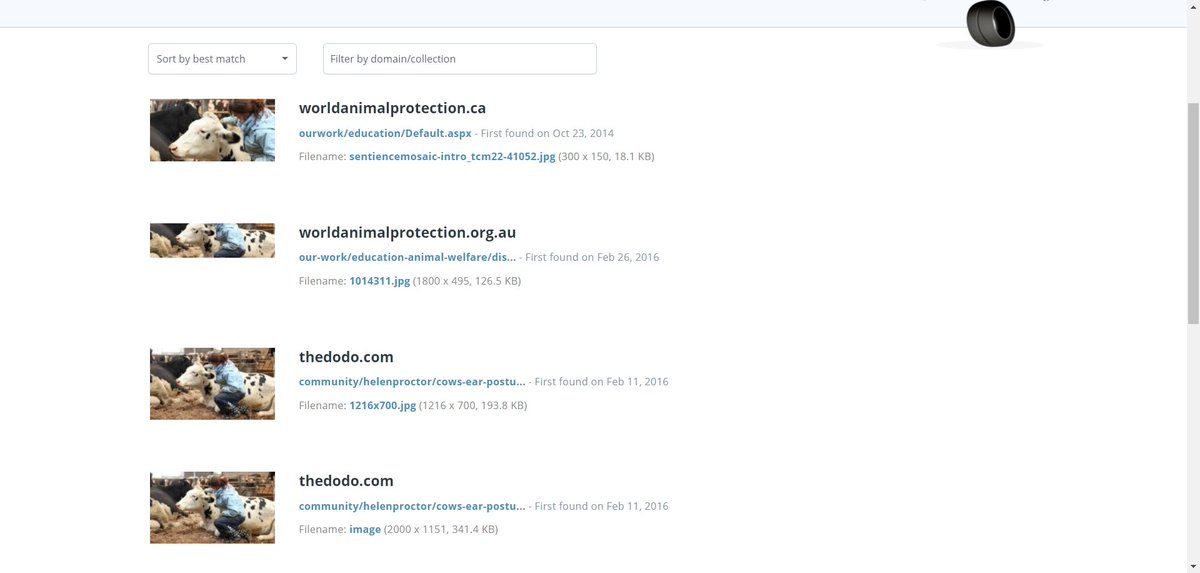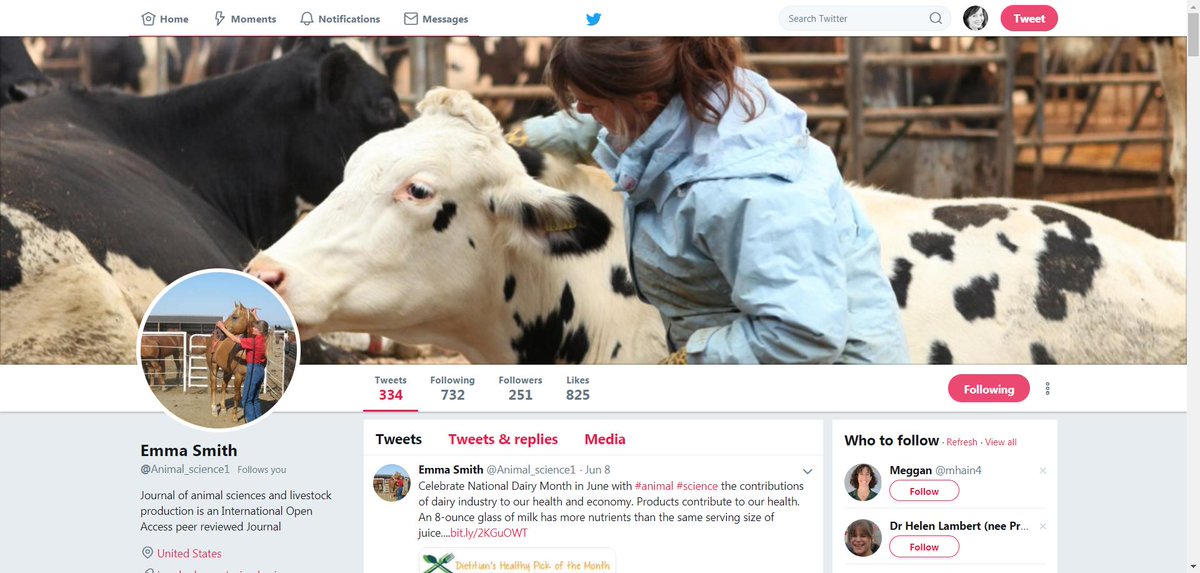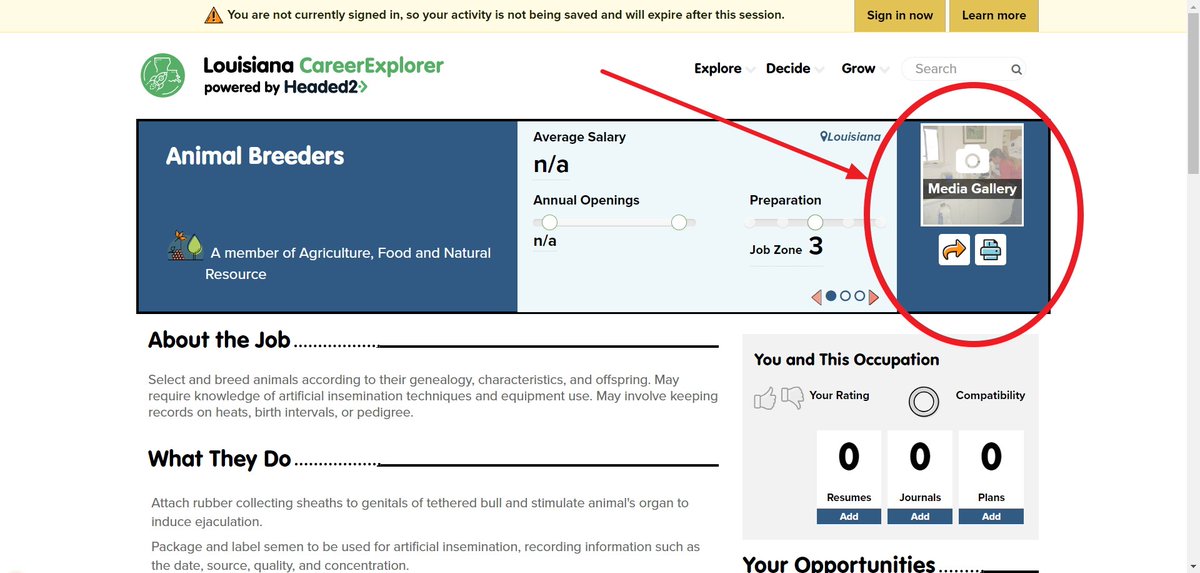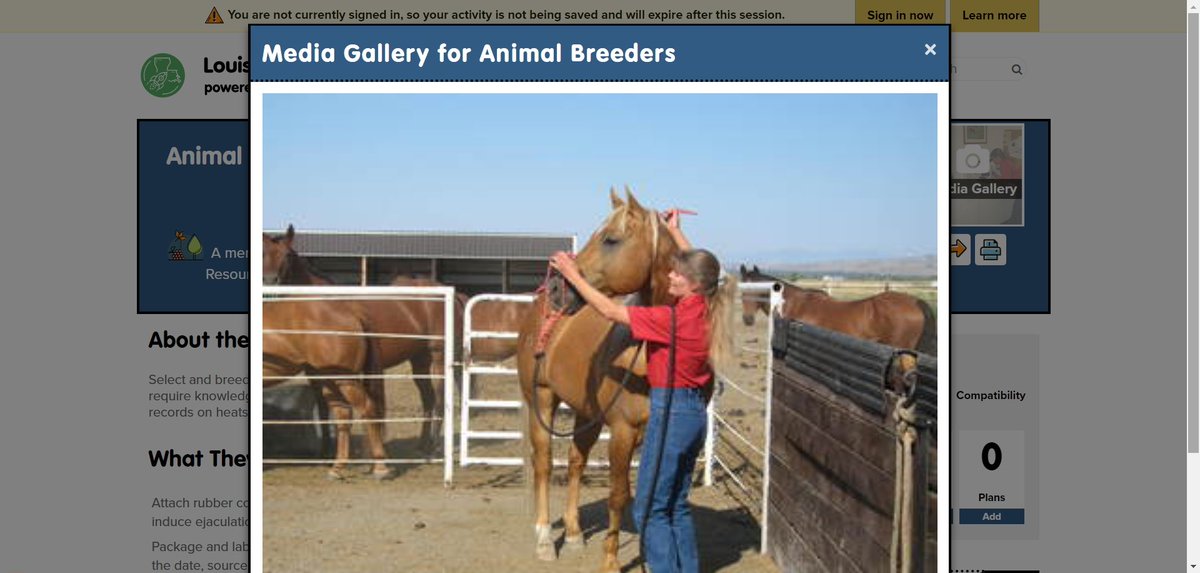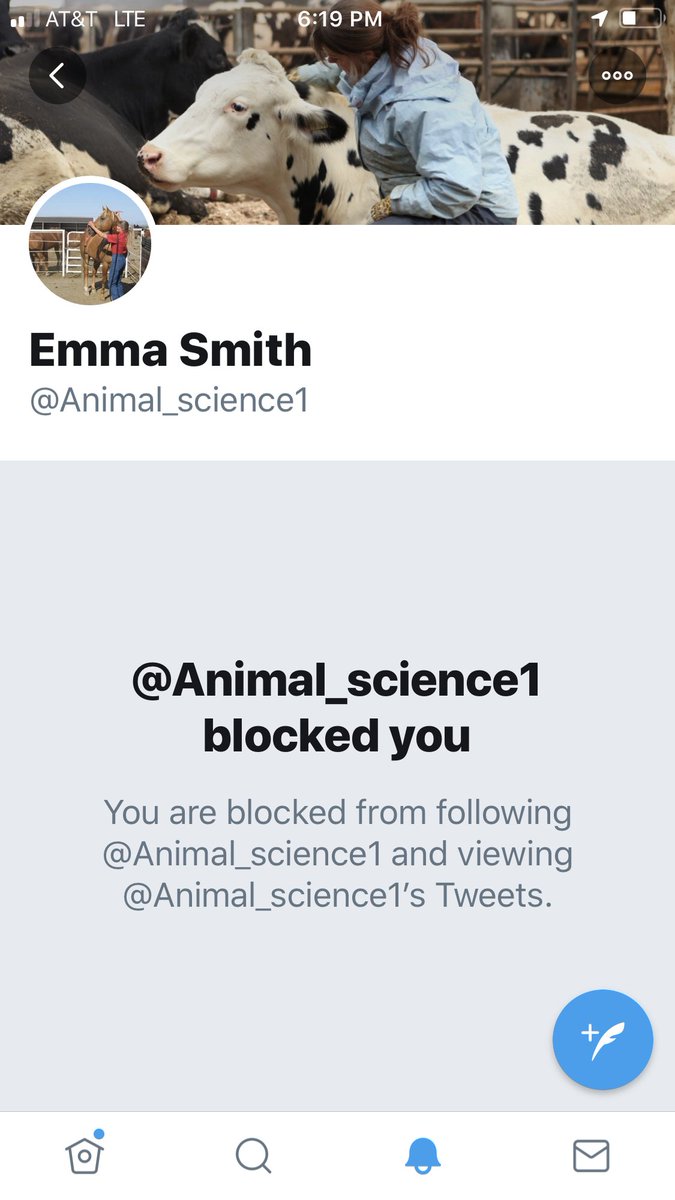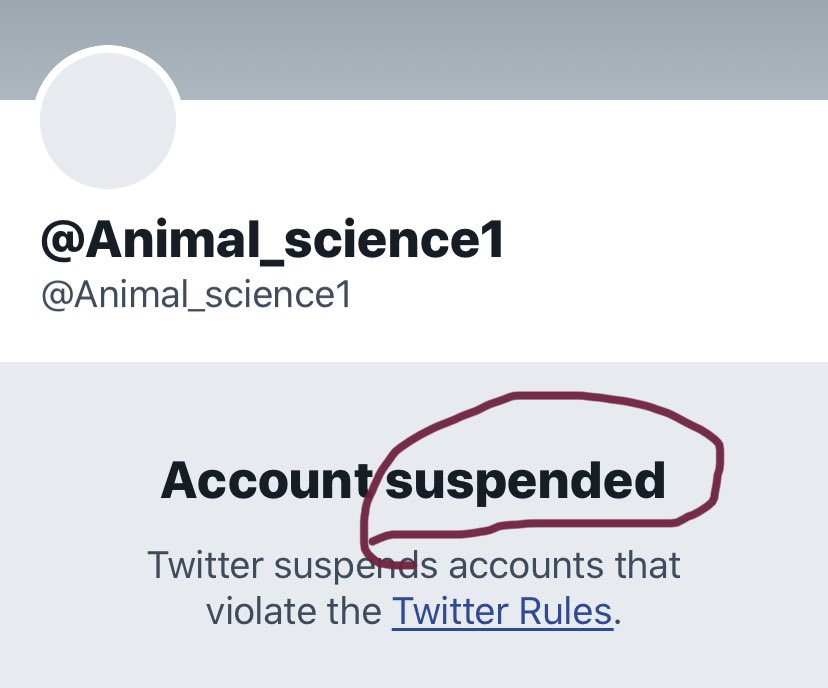Solicitation by predatory journals via Twitter? That’s a new one for me, but it’s happening. My story follows. Warning: its a long thread! @RetractionWatch @Jeffrey_Beall @fake_journals @TomSpears1 1/n
Over the years, just like other scholars, I’ve received hundreds of emails from predatory journals inviting me to submit or to attend predatory conferences. 2/n
Only a few years ago, our own scientists were unaware of the trend in predatory publishing. Awareness has been raised across sectors, however, regarding the extent of the issue. Scholars are now generally “on to” these new publishing business models with low/no peer review. 3/n
Predatory journals should NOT to be confused with gold Open Access journals (eg, BMCj or PLOS ONE). Predatory journals “...actively solicit manuscripts and charge publication fees without providing robust peer review...” Shamsheer et al (2017) 4/n https://bmcmedicine.biomedcentral.com/articles/10.1186/s12916-017-0785-9">https://bmcmedicine.biomedcentral.com/articles/...
‘Sting’ operations have been carried out and results published in mainstream media and this has certainly helped to raise awareness of the predatory publishing issue over the years 5/n: https://www.vox.com/2014/4/24/5647106/a-reporter-published-a-fake-study-to-expose-how-terrible-some">https://www.vox.com/2014/4/24...
(My colleague and I wrote an article about predatory publishing and peer review @Forbes in 2016) 6/n https://www.forbes.com/sites/gmoanswers/2016/06/30/predatory-journals/">https://www.forbes.com/sites/gmo...
Since @Jeffrey_Beall site/list went down couple of years ago, there’s still interest in keeping tabs on poor quality journals. They can be hard to track! 7/n https://www.nature.com/articles/d41586-018-02921-2">https://www.nature.com/articles/... via @Nature 7/n
Here’s my story:
So, while I was aware of this trend and I continue to be solicited via email (like many of my colleagues), I was a bit surprised to be solicited via Twitter DM – of all places. 8/n
So, while I was aware of this trend and I continue to be solicited via email (like many of my colleagues), I was a bit surprised to be solicited via Twitter DM – of all places. 8/n
Backstory: I generally follow scientists and farmers on Twitter. And in the case of @Animal_science1’s (Emma Smith), no different. “Emma” claimed to be an animal scientist. Her posts and photos suggest that is the case. (I’ll get to those photos later). 9/n
. @Animal_science1 and I must have exchanged on Twitter at some point. Because I began to follow her. Thus, she was able to reach out to me via DM to invite me to submit to “Journal of Animal Science and Livestock Production” 10/n
I immediately noticed spelling errors and awkward grammar; which I wouldn’t expect from a “manager” of an academic journal. So, I asked some questions. 1) What science society supports/sponsors the journal? 2) What databases are the journal indexed in? Here are responses: 11/n
PubMed is a reputable database. The database China National Knowledge Infrastructure (CNKI), mentioned above, is not credible. In fact, it was sued for copyright infringement in 2016 as has been critiqued for other issues. 12/n https://medium.com/@SixthTone/why-its-time-to-reform-china-s-academic-publishing-databases-5c969168d76b">https://medium.com/@SixthTon...
I then asked about turn-around times between submission and publication and, specifically, about peer review 13/n
Claims have been made that predatory journals do not prioritize rigorous peer review process because the companies producing these predatory journals prioritize financial profit in the form of publishing fees 14/n: https://www.ncbi.nlm.nih.gov/pmc/articles/PMC6174996/">https://www.ncbi.nlm.nih.gov/pmc/artic...
If you want a good guide to identifying predatory journals, see Table 2 in Richtig et al 2018: https://www.ncbi.nlm.nih.gov/pmc/articles/PMC6174996/">https://www.ncbi.nlm.nih.gov/pmc/artic... 15/n
…also, check out work by the @ottawahospital & The Centre for @_journalology. The team ( @KDCobey @dmoher etal) has committed significant resources to exploring this issue. They published a couple of articles in @Nature in 2017 16/n: https://www.nature.com/news/stop-this-waste-of-people-animals-and-money-1.22554">https://www.nature.com/news/stop...
Back to my story and the Journal of Animal Science and Livestock Production… Here’s a screenshot of the journal which if you have any experience at sniffing out these kind of sketchy sites/journals – this one looks obvious. 17/n
NOTE: The publisher of the journal is iMedPub. Note: The @FTC filed preliminary injunction 2016 against OMICS and affiliated companies iMedPub and Conference Series… 18/n https://www.ftc.gov/system/files/documents/cases/160826omicscmpt.pdf">https://www.ftc.gov/system/fi...
. @FTC alleged OMICS and friends published articles without standard peer review, misrepresented scientists as editors, and made deceptive claims towards researchers. Update here (04/2019) 19/n https://www.ftc.gov/news-events/press-releases/2019/04/court-rules-ftcs-favor-against-predatory-academic-publisher-omics">https://www.ftc.gov/news-even...
Here is a screenshot of the note “Emma” ( @Animal_science1) sends out on Twitter to solicit for submissions. See the phone number? [photo one] This number is the same number listed with OTHER predatory journals [see photo two] #connectthedots 20/n
I promised some insight into the photos that @Animal_science1 posts as a header and profile pics…Trigger warning: copyright issues to follow 21/n
A reverse image search on @Animal_science1’s header shot finds that it is sourced from not-for-profit @MoveTheWorld @MoveTheWorldAU @MoveTheWorldUK and the image is copyright protected. 22/n
Similarly, a reverse image search reveals that @Animal_science1’s profile photo is sourced from a gallery of photos from the Louisiana Career Explorer site and is NOT labeled for re-use. 23/n
Question: how do not-for-profits, animal scientists and/or producers feel about a Twitter account that hijacks images (that symbolize their identity and hard work - without license or permission) to support a predatory journal business model? 24/n
The problem should not necessarily be overstated; nor should these kinds of journals undermine the value of high quality Open Access journals. But predatory publishers DO contribute to a growing problem with perceptions of science and overall scientific integrity. 25/n
…Predatory published is one of the MANY factors that contribute to the ever-growing problem of “digital misinformation” - identified as one of the main threats to human society. Quoted in @Walter4C et al 26/n https://www.pnas.org/content/pnas/113/3/554.full.pdf?__hstc=208435533.1bb630f9cde2cb5f07430159d50a3c91.1540598400052.1540598400053.1540598400054.1&__hssc=208435533.1.1540598400055&__hsfp=2025384311">https://www.pnas.org/content/p...
Raising awareness is key. As I’ve said before, we don’t have a scientific literacy problem, we have an information literacy problem. We need to understand how these journals and business models operate and how they impact good science and public perceptions of science… 27/n
And the channels by which predatory publishers solicit submissions is evolving… They are going where the scholars are (including Twitter) and “…are dressing themselves in a fancier quality of sheep’s clothing” ( @TomSpears1 2019) 28/n https://ottawacitizen.com/news/local-news/predatory-science-journals-pivot-to-video.">https://ottawacitizen.com/news/loca...
My question is this? If Twitter is the new ground zero for predatory journals to target and solicit for submissions to low/no quality journals (and breaking some copyright rules in the process), is @Jack going to do anything about it? /end thread
And a day later ... no surprise. I’ve been blocked by the predatory journal account. @TomSpears1 @Jeffrey_Beall @RetractionWatch @dmoher @KDCobey

 Read on Twitter
Read on Twitter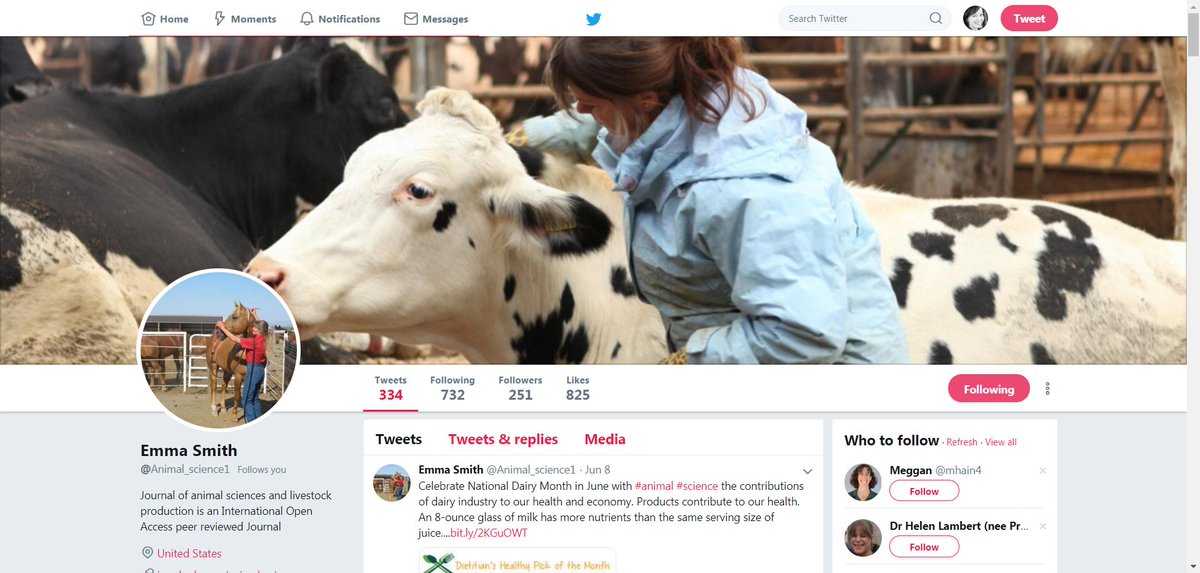
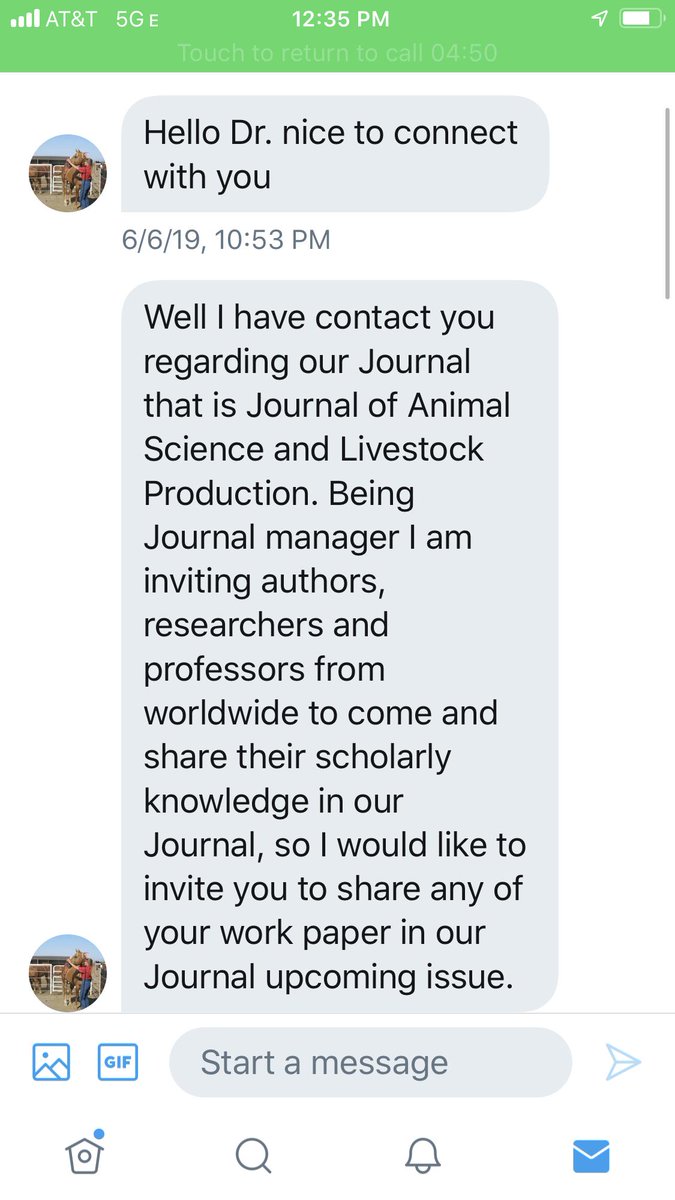
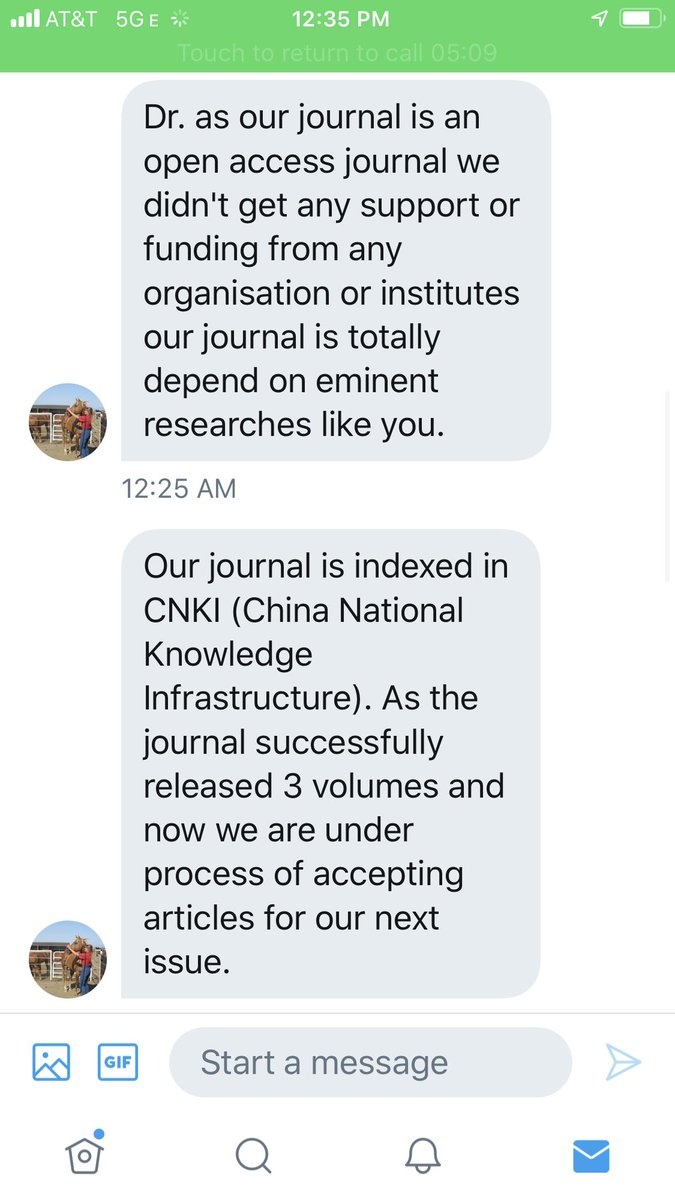
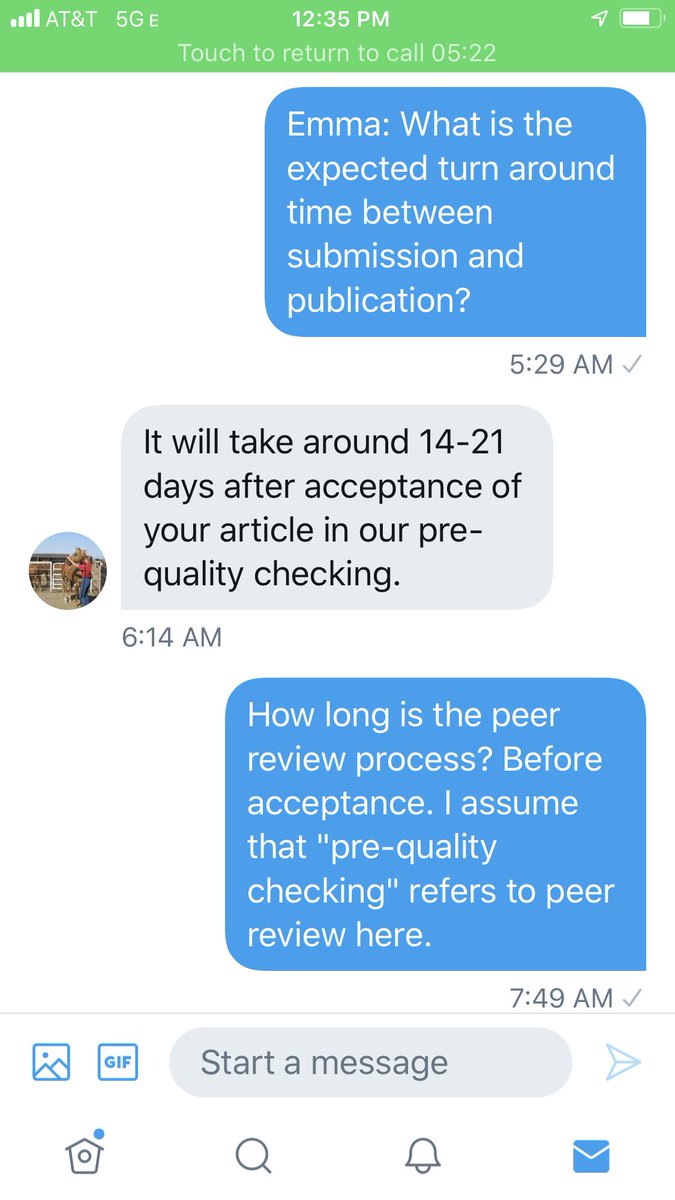
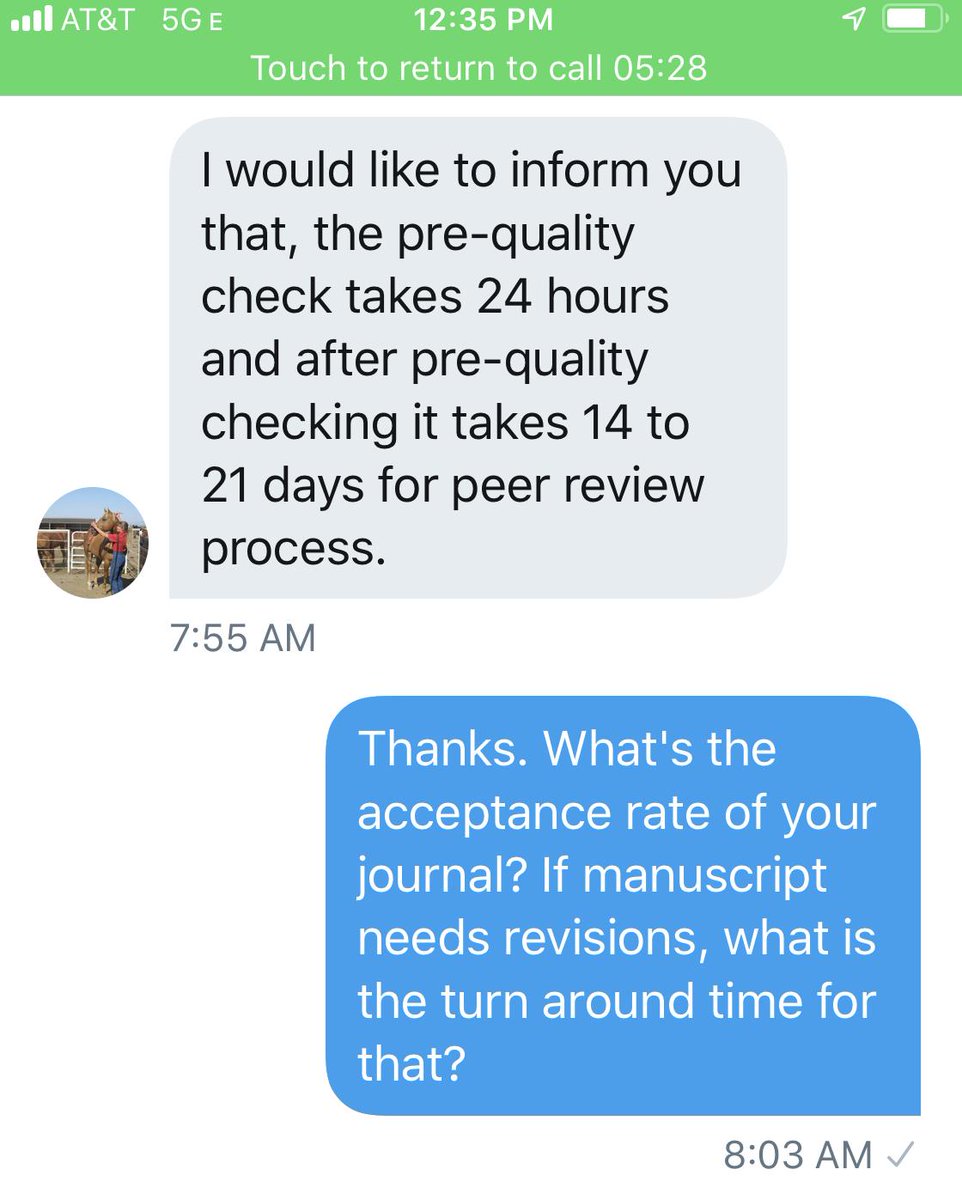
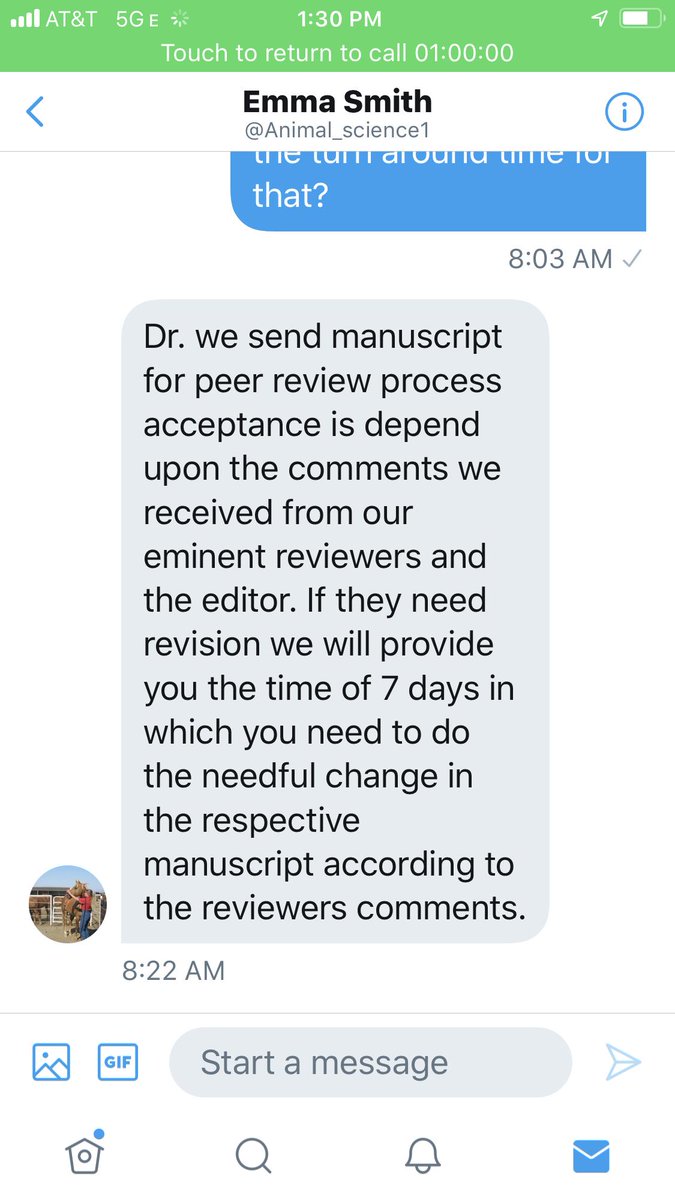
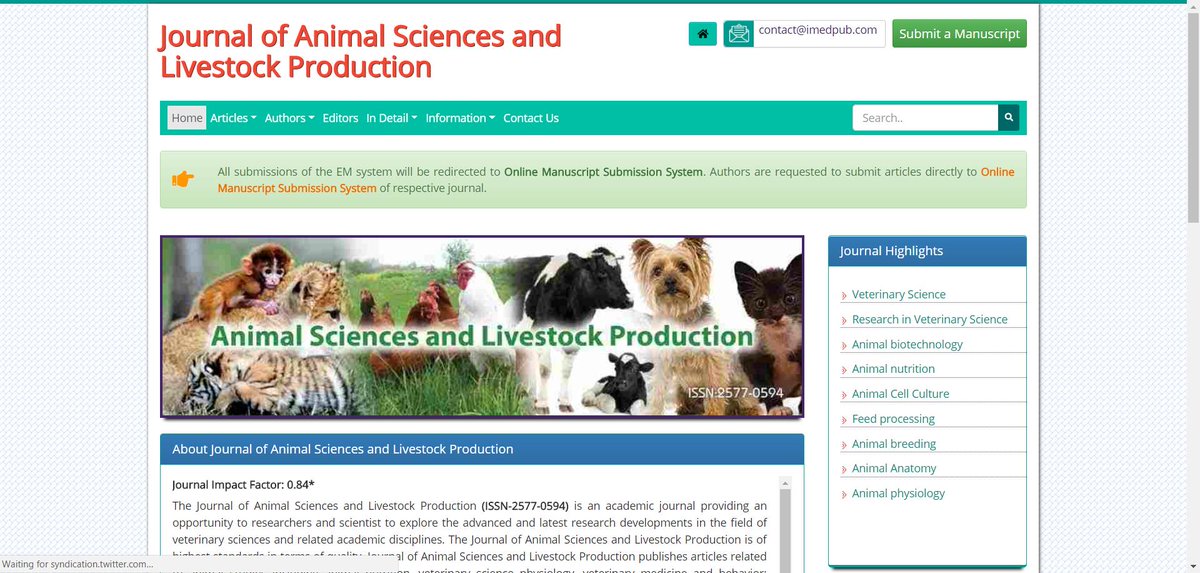
![Here is a screenshot of the note “Emma” ( @Animal_science1) sends out on Twitter to solicit for submissions. See the phone number? [photo one] This number is the same number listed with OTHER predatory journals [see photo two] #connectthedots 20/n Here is a screenshot of the note “Emma” ( @Animal_science1) sends out on Twitter to solicit for submissions. See the phone number? [photo one] This number is the same number listed with OTHER predatory journals [see photo two] #connectthedots 20/n](https://pbs.twimg.com/media/D9bUZalXoAAkF_P.png)
![Here is a screenshot of the note “Emma” ( @Animal_science1) sends out on Twitter to solicit for submissions. See the phone number? [photo one] This number is the same number listed with OTHER predatory journals [see photo two] #connectthedots 20/n Here is a screenshot of the note “Emma” ( @Animal_science1) sends out on Twitter to solicit for submissions. See the phone number? [photo one] This number is the same number listed with OTHER predatory journals [see photo two] #connectthedots 20/n](https://pbs.twimg.com/media/D9bUZZjWkAMCysd.jpg)
